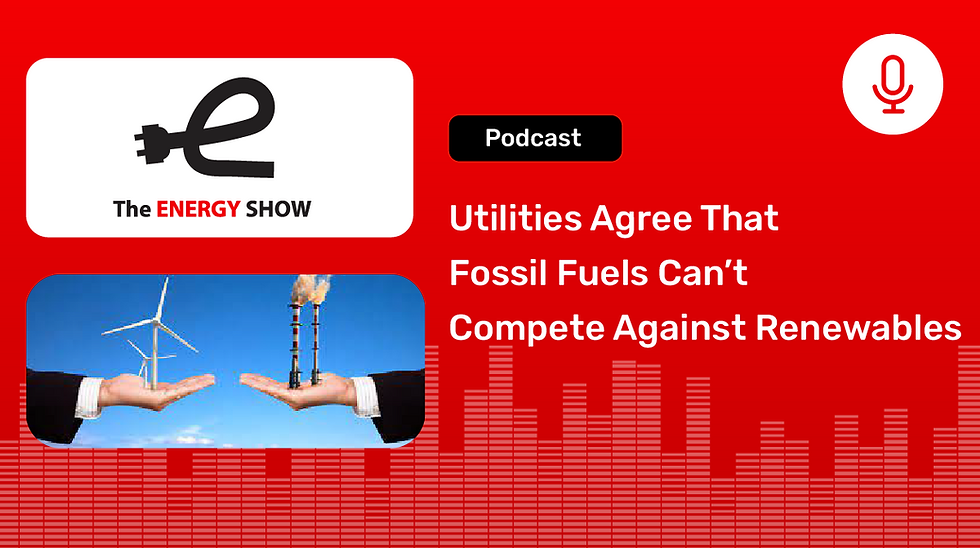
According to Doc Brown, Marty McFly’s DeLorean needed 1.21 gigawatts to travel back in time. To put this in perspective, new gas power plants are about 0.5 gigawatts, typical large utility scale solar power plants are 0.1 gigawatts, and the average rooftop solar system is 0.000005 gigawatts (5,000 watts). Although it takes a lot of solar panels to generate the power our society needs, solar is now one of the cheapest and cleanest sources. And “clean and cheap” is now the world’s preferred power source: in 2013 the world added 143 gigawatts of new renewable energy generating capacity compared to 141 in new plants that burn fossil fuels (coal, natural gas, or oil).
Power plants that run on fossil fuels have not just taken a temporary back seat to renewables – we are witnessing a long term transition in the world’s energy sources. The price of wind and solar power is on par or less than fossil fuel electricity. Renewable energy prices are on a steady pace to get cheaper, while gas and oil will inevitably go up as supplies are constrained and climate change effects are considered. Coal plants are being decommissioned, and new nuclear plants are effectively doomed — it took 36 years from start to finish for the last nuclear plant to come on line. Compare that to 45 days for a new solar power plant on your home’s roof, or three years for a utility-scale solar project.
Utilities are installing solar power plants to generate electricity for their customers because solar is cheaper. But this change in our energy sources will take many years, just as the complete transition from “horse and buggy” transportation to gas-powered cars took 50 years. As with other large-scale technological changes, customer economics will force the current incumbent energy providers to change (unlikely), or go out of business (more likely). It’s a virtuous cycle as more customers are satisfied with renewable power generation, and more people are employed in these industries. For more on this inexorable, economics-driven transition to a clean energy economy.
Please Listen Up to this week’s Energy Show as we discuss the changes taking place in the utility industry and the road ahead for renewable energy.

Comments